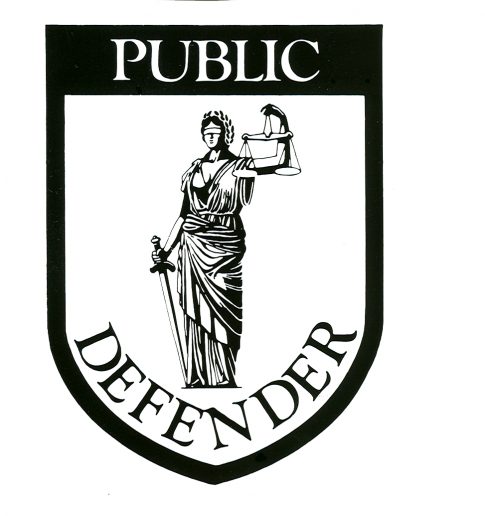In this age of seemingly never ending political corruption it is easy to feel depressed […]
Tag: ralph hise
Government Officials Engage in Illicit Actions Enriching Themselves at Costs to the Community
In comments made in response to the most recent article by RC Catalyst regarding actions […]

